Loading content...
Sumaila-Volvo Graduate Prize In Environmental Sustainability
This prize was been made available annually since 2020, through an endowment established by Dr. Rashid Sumaila, upon being named the 2017 Volvo Environment Prize laureate. The prize is for a Master’s or Ph.D. student whose peer-reviewed publications to date are expected to have the most significant impact on the field of environmental sustainability. Preference is given to students supervised by faculty members who are affiliated with the Institute for the Oceans and Fisheries; the Institute for Resources, Environment and Sustainability; or the School of Public Policy and Global Affairs.
2026 Winner: Tatiana Chamorro
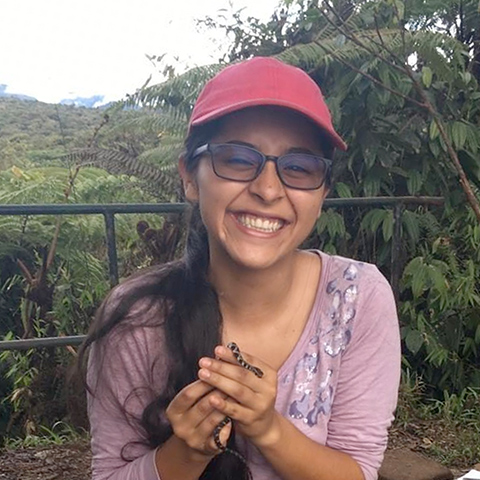
Tatiana Chamorro (she/her) is a PhD student in the Working to Restore Connectivity and Sustainability (WoRCS) Lab at IRES and is supervised by Dr. Claire Kremen. Her research is interdisciplinary understanding both ecological and social aspects of agriculture transition from extensive cattle ranching farms in Colombia to a diversified agroecological approach named silvopastoral systems. She did a MSc in IRES supervised by Dr. Claire Kremen where she focused on revealing pathways to scaling out agricultural transformation through understanding enablers and barriers for adoption of silvopastoral systems in Colombia and Latin America. She is highly interested in biodiversity conservation, ecology and social equity. She is a recipient of the Philip A. Jones Fellowship and 4 Year Fellowship, and of course, is the recipient of the 2026 Sumaila-Volvo Graduate Prize In Environmental Sustainability.
Congratulations, Tatiana!
Past Winners
2025: Verena Rossa-Roccor and Aleah Wong
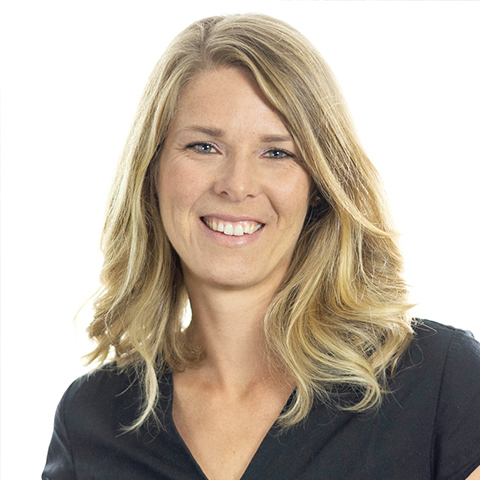
Verena Rossa-Roccor (PhD IRES) left her career as a physician because she became too frustrated with the limited impact she had on the systemic factors that made her patients sick. She then went on to complete a Master’s degree in public health at UBC. It was there that she became increasingly interested in the concept of knowledge mobilization, that is, how can research evidence more effectively shape policy decisions? She is now working with co-supervisors David Boyd (IRES) and Paul Kershaw (School of Population and Public Health) to explore ways in which academics conduct knowledge-to-action activities in the environmental policy realm. She was nominated for “Framing climate change as a human health issue: enough to tip the scale in climate policy?” published by Lancet Planetary Health in which she argue that in order to be more effective agents of change, academics have to bid farewell to the idea of evidence-based policy making and instead embrace the complexities and value-laden realities of politics. This means that they have to build capacity as knowledge mobilizers that include strategies such as inside lobbying or movement building.
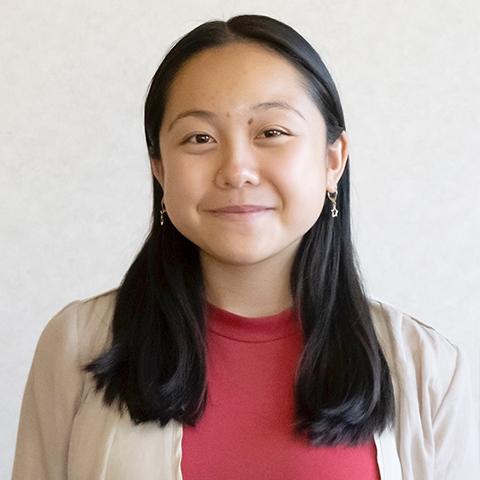
Aleah Wong (PhD, IOF) received an interdisciplinary B.A. in Biology and Environmental Studies from Macalester College in Saint Paul, Minnesota. This liberal arts experience initially sparked her interest in social-ecological systems, solutions-focused research and cross-disciplinary collaboration. Aleah uses a trait-based approach, stakeholder surveys and interviews to study aquaculture at the nexus of food, climate and biodiversity.
Broadly, she is exploring the potential of aquatic species to contribute to food, climate and biodiversity goals and examining their social-ecological synergies and trade-offs to help inform sustainable and equitable pathways for aquaculture. She was nominated for "A traits-based approach to assess aquaculture’s contributions to food, climate change, and biodiversity goals", published in Nature.
2024: Verónica Relaño-Ecija
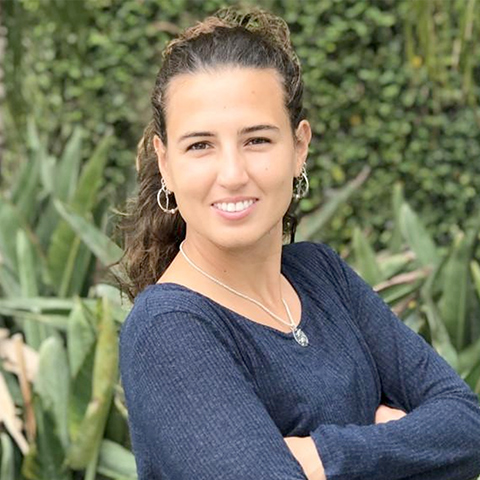
Verónica Relaño-Ecija’s research aims to transform "paper" Marine Protected Areas (MPAs) into effectively managed ecosystems. Her project in San Antonio Bay, Patagonia, focuses on bridging the gap between science, policy, and local communities by integrating their perspectives with scientific data.
A key component of her work is creating a documentary based on stakeholder interviews to foster dialogue and raise awareness of the area's ecological and social value. Through this journalistic approach, she seeks to empower the community to implement a more effective management plan, ensuring their marine heritage is actively protected.
2021: Katie Florko
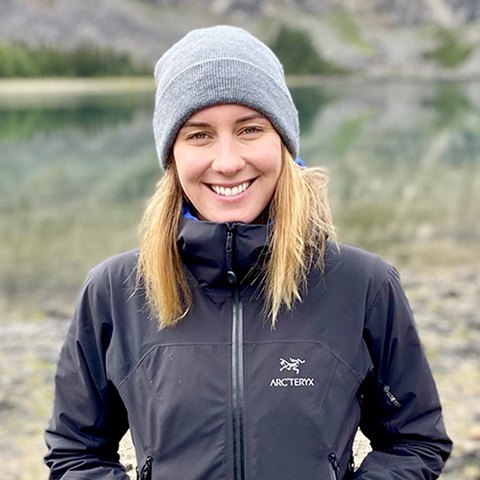
Katie Florko is a PhD student whose research concentrates on the impacts of changing seascapes on Arctic marine mammals. Supervised by Dr. Marie Auger-Méthé, her work investigates the space-use, predator-prey dynamics, and overall fitness of polar bears and ringed seals in the context of a rapidly changing Arctic environment.
Since receiving the Sumaila-Volvo Graduate Prize, Katie has completed her PhD and is currently a Research Scientist at Fisheries and Oceans Canada.
2020: Sarah Harper
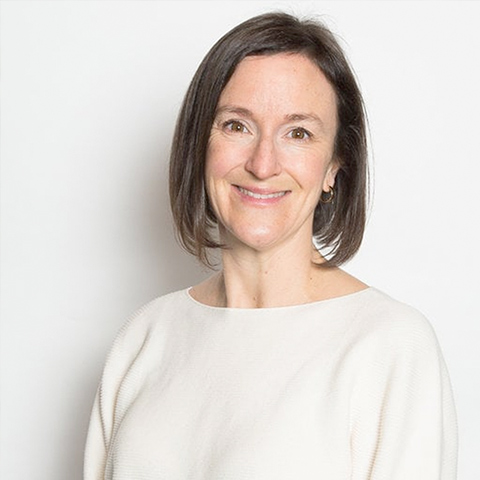
Sarah Harper's globally impactful doctoral research highlights the crucial economic contributions of women in fisheries, aiming to promote greater equity and sustainability in the industry. Her work, supported by numerous peer-reviewed publications, has the potential to shape science and policy by underscoring the vital link between gender equality and broader societal goals like poverty reduction and healthy oceans.
Dr. Harper's dissertation makes the value of women's roles in fisheries visible, emphasizing their contribution to the global economy and sustainable development.